

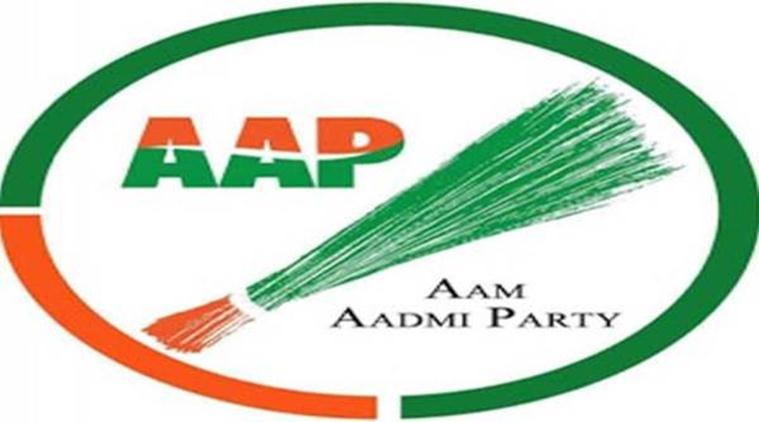
Talks of a potential alliance between the Aam Aadmi Party (AAP) and the Indian National Congress (INC) for the upcoming Haryana Assembly elections seem to have fallen through. Sources within the AAP have stated that the party is planning to contest solo on 50 assembly seats in the state. While the Congress initially expressed interest in exploring an alliance with AAP, the push for a seat-sharing pact has caused intense disagreement within the party, with its state unit strongly opposing the proposal. This development comes as a blow to AAP, which has been unsuccessful in making significant gains in Haryana since its debut in 2014.
Indian National Congress and Aam Aadmi Party in Haryana: An Alliance That Never Was
The Indian National Congress (INC) and the Aam Aadmi Party (AAP) have a long history of cooperation and conflict in Haryana. In the past, the two parties have formed alliances, but these have often been short-lived. In the run-up to the upcoming Haryana Assembly elections, talks of a potential alliance between the two parties have once again fallen through.
Background
The INC has been a dominant force in Haryana politics for decades. However, in recent years, the party has faced a decline in its support. In the 2014 Assembly elections, the INC won only 15 seats out of 90. In the 2019 Lok Sabha elections, the party failed to win any seats in the state.
The AAP, on the other hand, is a relatively new party in Haryana. The party made its debut in the state in the 2014 Assembly elections, but it failed to win any seats. In the 2019 Lok Sabha elections, the AAP won one seat in the state.
Talks of an Alliance
In the run-up to the upcoming Haryana Assembly elections, there were talks of a potential alliance between the INC and the AAP. However, these talks have since fallen through. Sources within the AAP have stated that the party is planning to contest solo on 50 assembly seats in the state.
The Congress initially expressed interest in exploring an alliance with AAP. However, the push for a seat-sharing pact has caused intense disagreement within the party, with its state unit strongly opposing the proposal.
Reasons for the Collapse of the Alliance
There are several reasons why the talks of an alliance between the INC and the AAP have collapsed.
Impact of the Collapse of the Alliance
The collapse of the alliance between the INC and the AAP is a blow to both parties. The INC was hoping to revive its fortunes in Haryana by allying with AAP. The AAP was hoping to gain a foothold in the state by aligning with the INC.
With the collapse of the alliance, both parties will now have to contest the elections on their own. This will make it more difficult for either party to win the elections.
Top 5 FAQs and Answers
Q1. Why did talks of an alliance between the INC and the AAP collapse?
A1. Talks of an alliance between the INC and the AAP collapsed due to disagreement over seat-sharing, internal opposition within the INC, and lack of trust between the two parties.
Q2. What is the INC's current position in Haryana?
A2. The INC is a dominant force in Haryana politics, but it has faced a decline in its support in recent years. In the 2014 Assembly elections, the INC won only 15 seats out of 90.
Q3. What is the AAP's current position in Haryana?
A3. The AAP is a relatively new party in Haryana. The party made its debut in the state in the 2014 Assembly elections, but it failed to win any seats. In the 2019 Lok Sabha elections, the AAP won one seat in the state.
Q4. What are the reasons for the INC's decline in Haryana?
A4. The INC's decline in Haryana is due to several factors, including corruption scandals, internal divisions, and the rise of new parties.
Q5. What are the chances of the AAP winning the Haryana Assembly elections?
A5. The AAP is a relatively new party in Haryana, and it is unlikely to win the Assembly elections on its own. However, the AAP could play a spoiler role in the elections by splitting the anti-incumbency vote.
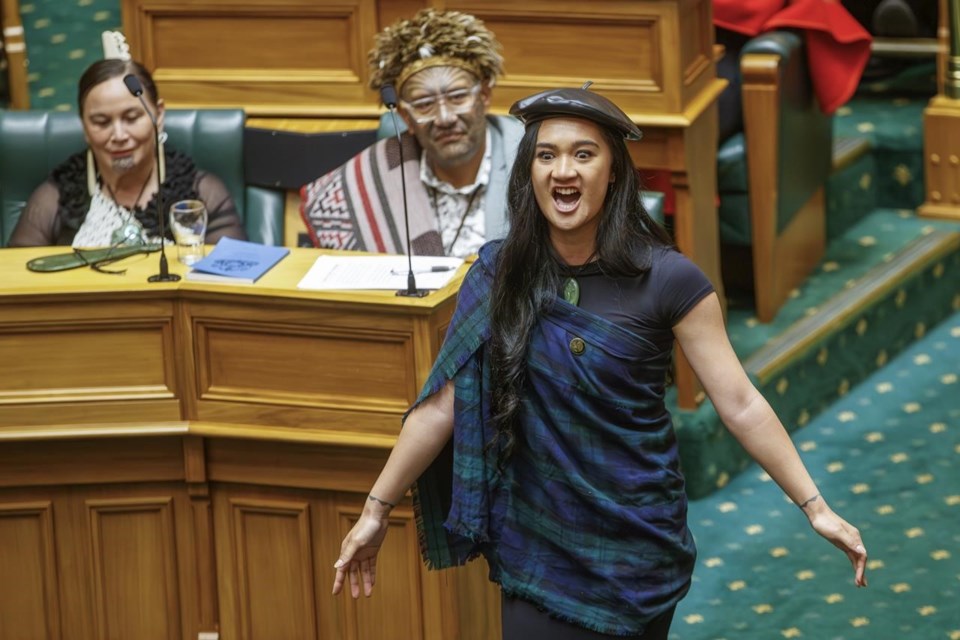
Amid heated debate over a controversial bill that aims to redefine the relationship between the government and Indigenous Maori, the country's parliament was thrown into chaos on Thursday as two lawmakers were ejected and a vote was suspended. The bill, which would specify that Indigenous rights should apply to all New Zealanders, has drawn fervent opposition and sparked protests throughout the country. Despite its unpopularity, the bill passed its first vote due to the political influence of a minor party and reflects a longstanding tension and disagreement over the interpretation and implementation of the 1840 Treaty of Waitangi.
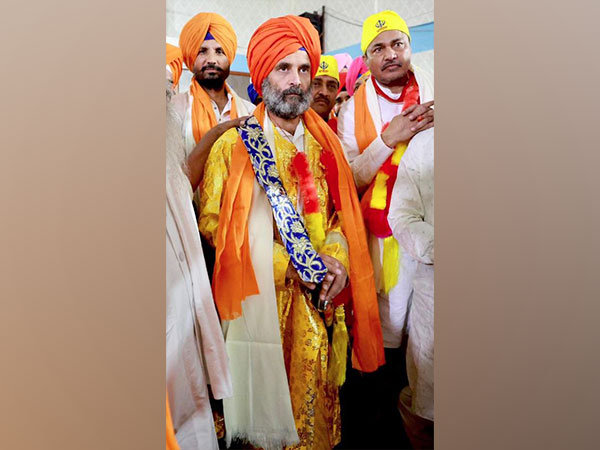
As India prepares to celebrate Guru Nanak Jayanti, a bank holiday has been announced in various states in honor of the birth anniversary of Guru Nanak, the founder of Sikhism. Congress Leader Rahul Gandhi also took to social media to pay his respects and share his thoughts on the significance of Guru Nanak's teachings of unity and service. He also wished everyone a happy Guru Purnima, commemorating the day with a traditional greeting and message of goodwill.

The Central Selection Board of Constable (CSBC) has released the results for Bihar Police Constable recruitment exam, which was conducted on various dates in August across the state. The Board initially scheduled the exam for October 2023 but had to cancel it after the first day due to issues. A total of 21391 constable positions will be filled through this recruitment drive.

Tulsi Gabbard, a former US Army member and trained in martial arts, has been appointed as the Director of National Intelligence (DNI) by President-elect Donald Trump. A video of her firing guns and pistols and going through a military training course has surfaced, impressing netizens with her skills and determination. Some even believe she has what it takes to become the first female US president.
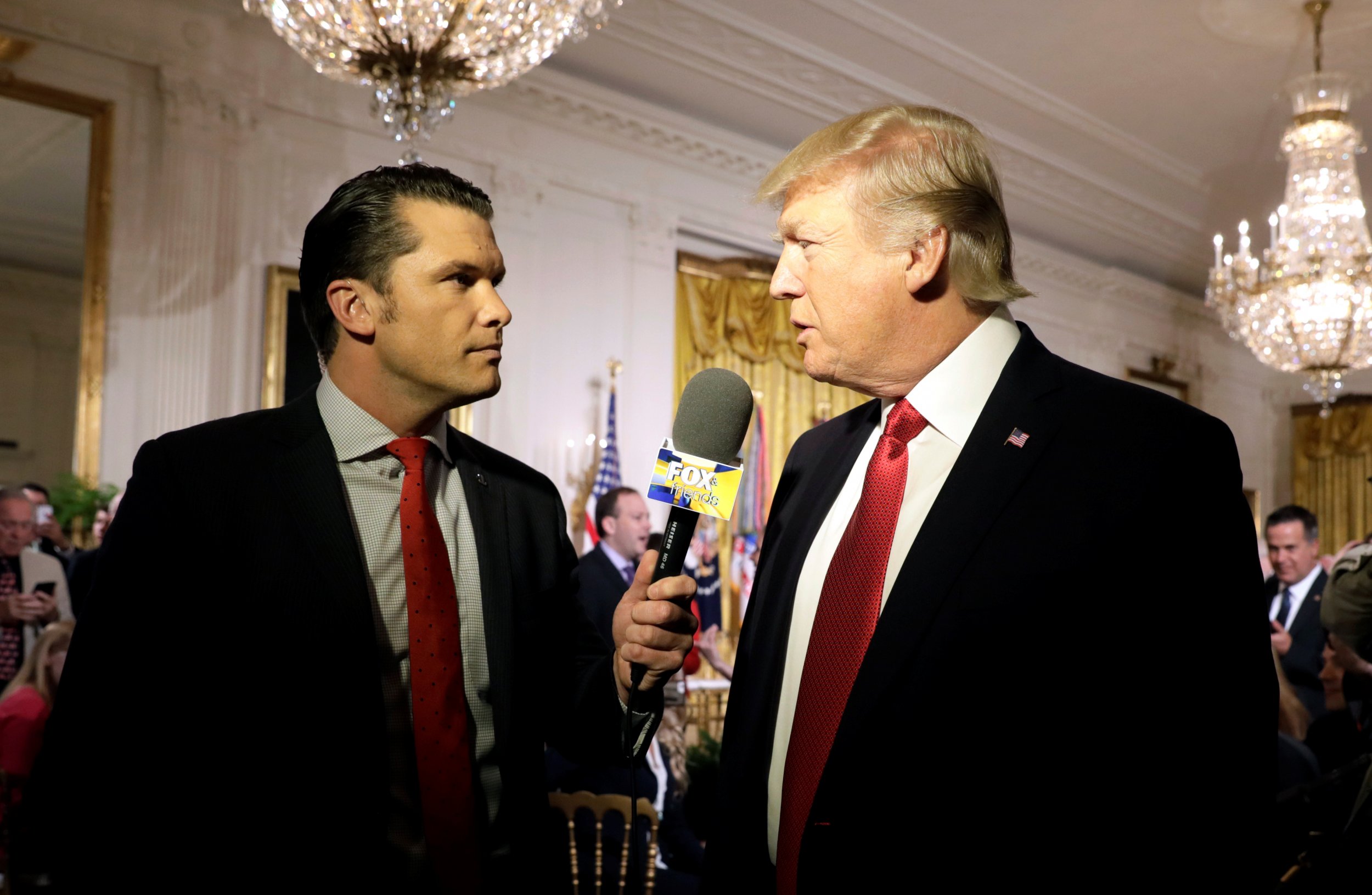
President-elect Trump has chosen Fox News host Pete Hegseth as his nominee for U.S. Secretary of Defense. The controversial pick deviates from the traditional mold for government service as Hegseth lacks senior military or national security experience. While he is best known for his eight years as a commentator and host on Fox News, Hegseth also has a background as an Army Combat Veteran and has led veteran's advocacy groups.

The Ministry of Home Affairs has extended the "Disturbed Areas" status to the jurisdictions of six police stations in Manipur's valley region, following recent incidents of violence. This move comes after months of ethnic conflict in the state, with the MHA citing ongoing sporadic violence in certain areas. While the AFSPA grants armed forces personnel the authority to use force against individuals violating the law, it also requires Central Government approval for prosecution, raising concerns about potential misuse of power.
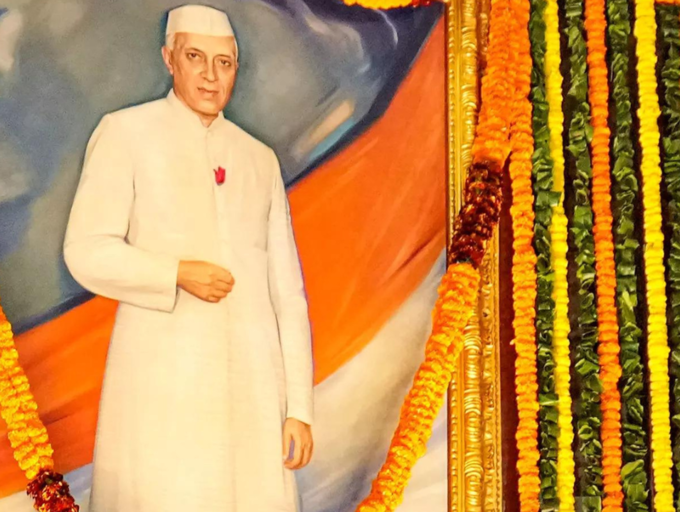
On the birth anniversary of India's first Prime Minister Jawaharlal Nehru, political leaders across the country paid their respects and remembered his contributions to the nation. Prime Minister Narendra Modi, Leader of Opposition Gandhi, and Congress President Kharge all shared heartfelt messages honoring Nehru's values and ideals, which continue to guide India towards progress and inclusivity. Congress leader Priyanka Gandhi Vadra also highlighted Nehru's unwavering commitment to fearlessness and selfless service in nation-building and urged the public to not be swayed by those who spread fear.
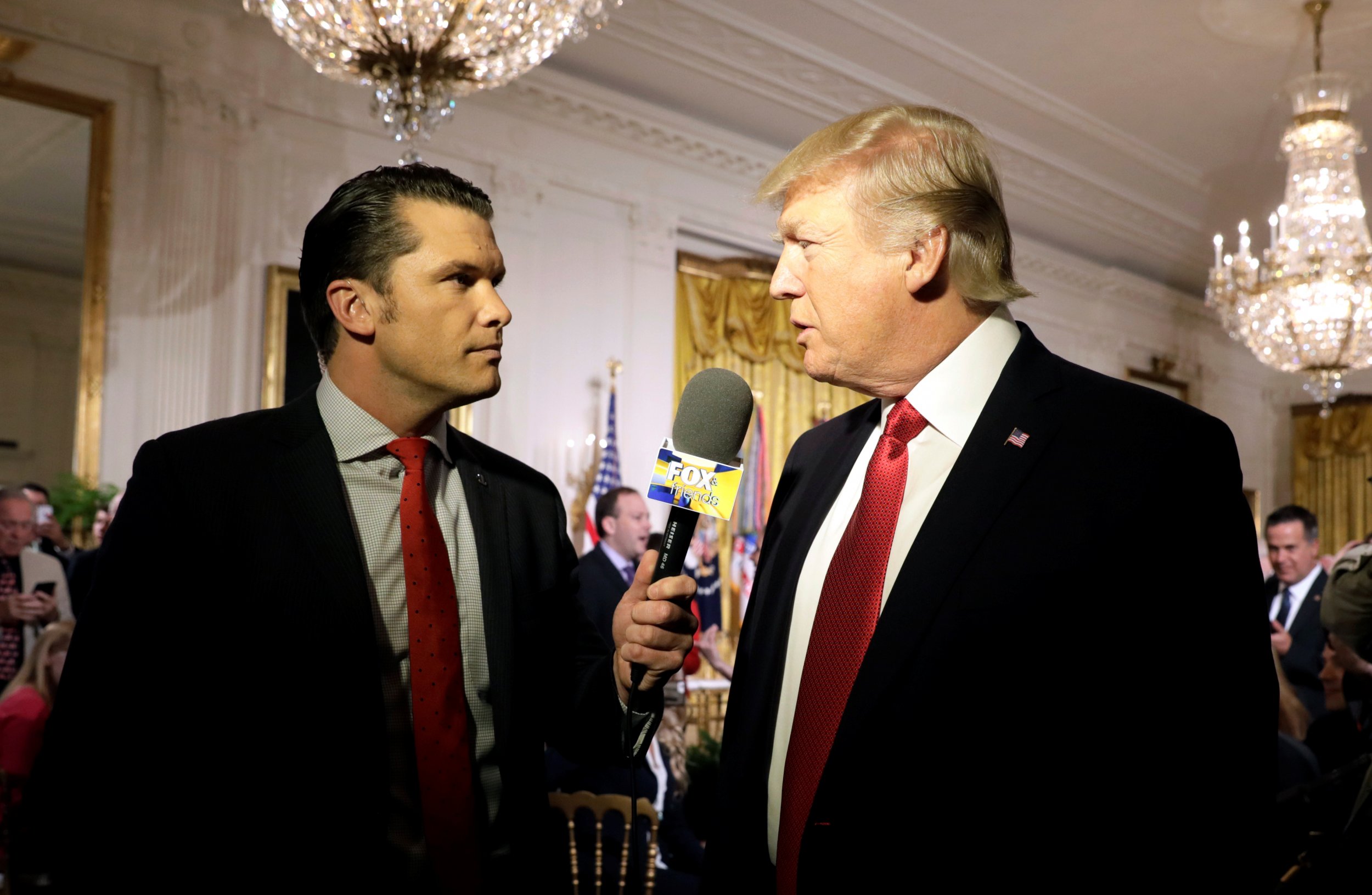
President-elect Donald Trump has chosen Fox News host and former army veteran Pete Hegseth as his nominee for the Defense Secretary role. Critics are raising concerns about his lack of experience and right-wing views, while supporters applaud him for his strong advocacy for military members and pardons for U.S. military service members facing war crime charges. Despite some surprise and hesitancy from Republican senators, former Rep. Jason Chaffetz believes Hegseth's nomination will easily be confirmed.
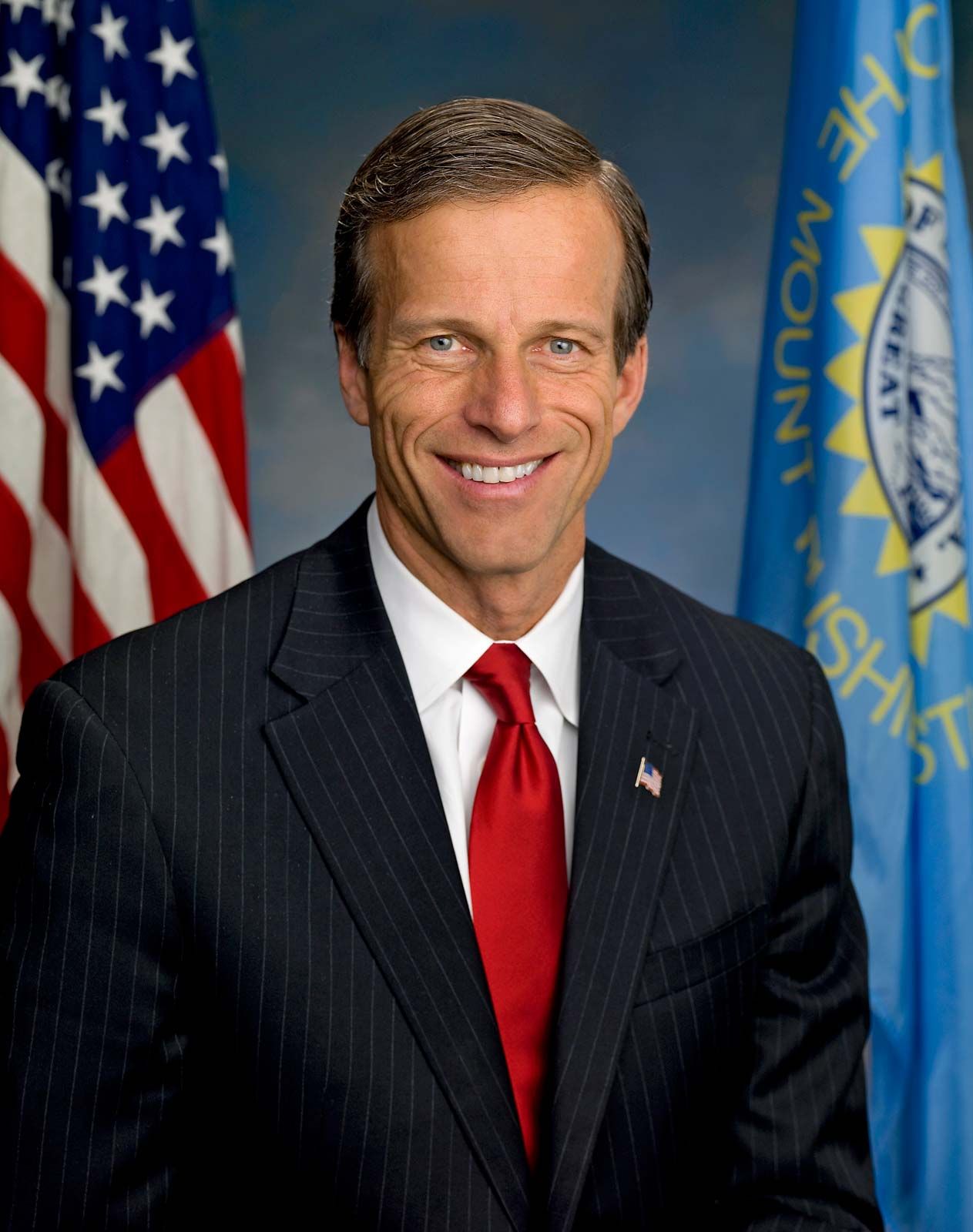
Senator John Thune of South Dakota has been elected as the new majority leader for Senate Republicans, replacing Mitch McConnell. Thune, who has promised to collaborate closely with President-elect Donald Trump, won the internal election against competitors John Cornyn and Rick Scott. As the GOP prepares to take majority control of the Senate, Thune will have the challenging task of managing a divided conference, navigating Trump's demands, and securing policy wins for the new administration.
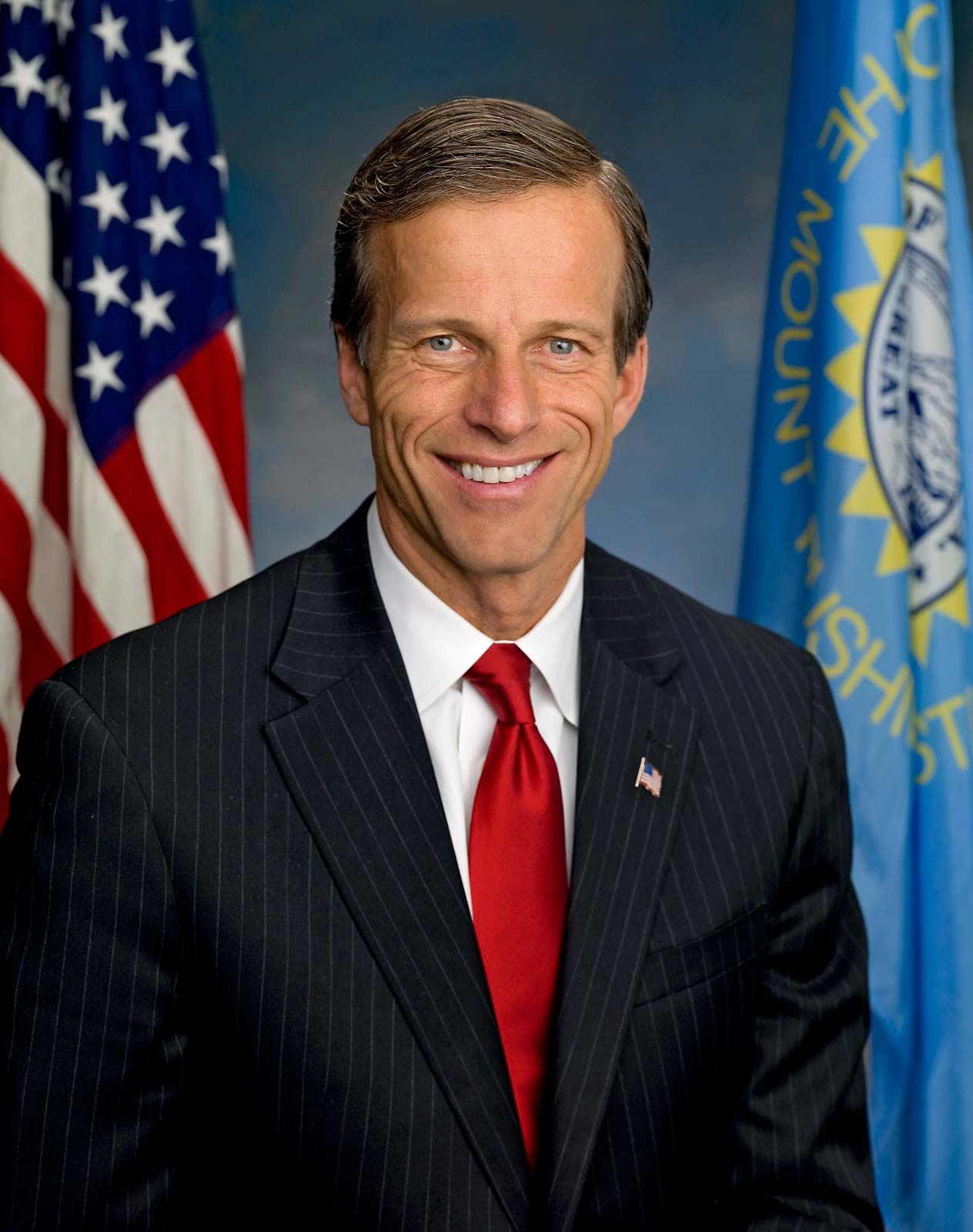
In a momentous shift of power within the GOP, South Dakota Senator John Thune has been elected as the next Senate majority leader, replacing Mitch McConnell. Thune promised to work closely with President-elect Donald Trump, despite their past differences, and will play a crucial role in enacting Trump's policy agenda. By securing the majority support of Republican senators in two rounds of secret ballots, Thune emerged victorious over competitors John Cornyn and Rick Scott. As the first competitive election for Senate leader in three decades, Thune's victory represents a new era in the GOP and a test of his leadership abilities.